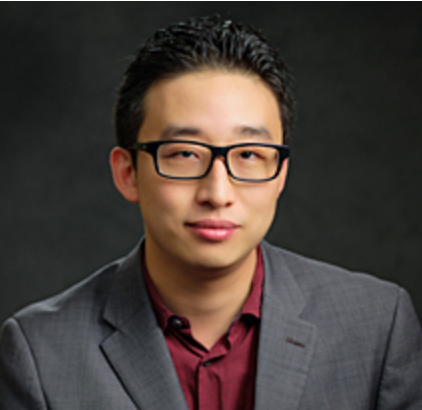
David Huh, currently director of the methods division at the School’s Indigenous Wellness Research Institute, joined our faculty in August as a research assistant professor. A quantitative and clinical psychologist, David focuses his research on ways to increase the accessibility of statistical approaches to more powerfully and accurately assess behavioral health interventions and test theoretical models of health and health disparities.
His research areas of interest include alcohol use, chronic illness, suicide prevention and culturally informed interventions with American Indian and Alaska Native communities and other underserved populations.
Originally from Los Angeles, David received a B.S. in psychology from the University of Oregon and an M.S. and PhD, both in clinical psychology, from the UW. He completed his residency at the UW School of Medicine and was a postdoctoral fellow at the UW’s Center for the Study of Health and Risk Behaviors. We asked David to tell us more about his interests and background.
What made you decide to pursue social work?
Social work is interdisciplinary by nature. Having trained as a clinical and quantitative psychologist, the close collaborations we have with our colleagues in psychology, epidemiology and biostatistics, to name a few, are invaluable as we tackle research aimed at advancing public health, particularly improving health equity.
In your opinion, what is the most pressing problem facing social workers today?
Health disparities. The factors underlying health disparities, including greater rates of chronic illness and poorer access to care, are important challenges that social workers have long tackled through research, practice and community partnerships. Identifying and addressing these long-existing health disparities are more important now than ever.
How can your research make a difference?
Public confidence in public health initiatives is critical. Methods do matter and they can mean the difference between supporting versus ignoring an effective treatment or mistaking an ineffective approach for one that is effective. My research focuses on making more powerful and accurate statistical approaches used to evaluate health-related interventions more accessible to researchers, particularly non-statisticians.
What do you enjoy most about your affiliation with UW?
Advancing health equity and social justice requires collaboration and partnerships. A strength of the School of Social Work is the close collaborations we have with communities, governments and other institutions. One of the most meaningful aspects of my work with IWRI is our partnerships with communities and the ways in which our work is generated and informed by the needs expressed by the communities themselves.